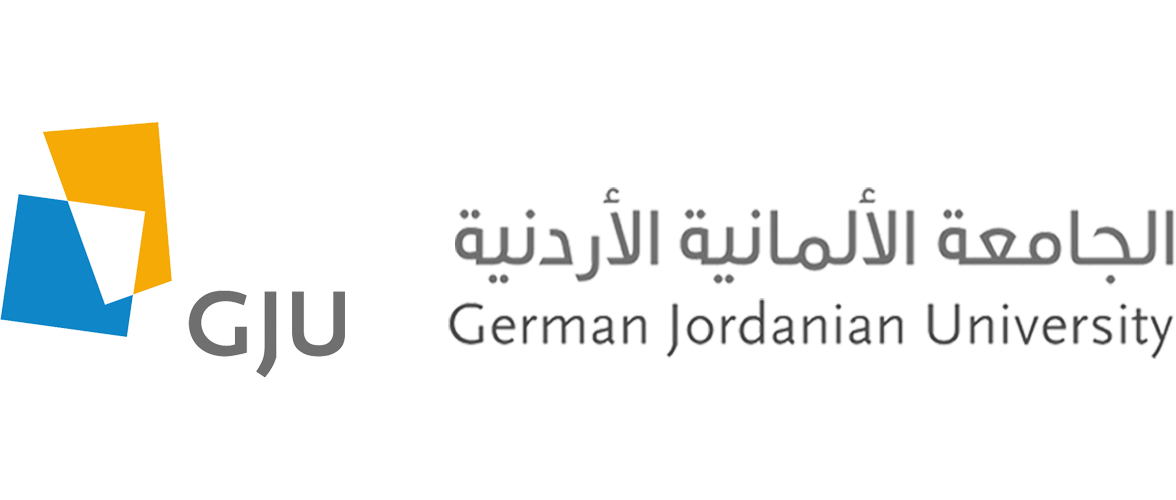Amman- 3 December 2019
 Under the patronage of the President of the German Jordanian University (GJU) Prof. Manar Fayyad the kick-off meeting of Energy Smart Mediterranean School Network (ESMES) Project has been launched.
Under the patronage of the President of the German Jordanian University (GJU) Prof. Manar Fayyad the kick-off meeting of Energy Smart Mediterranean School Network (ESMES) Project has been launched.
The event, organized by GJU, one of the project partners, is the first official meeting of ESMES. The project will be implemented in five Mediterranean countries, involving five organizations: ICU - Institute for University Cooperation, leader of project, the German Jordanian University, the Lebanese Center for Energy Conservation, the National Agency for Energy Management of Tunisia, the Ribera Consortium of Valencia and the Alcamo Municipality in Italy.
Fayyad welcomed the attendees and participants, expressing her happiness for the partnership between these entities, which contribute to the exchange of different scientific expertise in the field of energy. In addition to involving local communities in the project activities and benefit of its outputs.
She added that GJU is modelled on the German applied-sciences model, characterized by their focus on putting knowledge into practice and on promoting knowledge transfer.
The project coordinators at GJU, Dr. Osama Saadeh and Dr. Zakaria Dalala from the Department of Energy Engineering highlighted the issues and topics addressed by the project such as the growing energy demand, fossil fuel dependence and increasing CO2 emissions in the Mediterranean area.
They added that ESMES which is funded by the European Union under the European Neighborhood Instrument (ENI) and managed by the Autonomous Region of Sardinia (Italy), will focus on the optimization of energy consumption in public schools through innovative, monitoring-based renewable energy and energy efficiency (REEE) pilot actions and will improve the capacity of 5 public institutions in order to implement innovative energy rehabilitations.
At the end of the event, which was attended by GJU Vice President Prof. Atef Kharabsheh, the Vice President for International Affairs Prof. Dr. Ralf Roßkopf and representatives from the Ministry of Energy and Mineral Resources, the Ministry of Education, the Ministry of Higher Education and Scientific Research, the Ministry of Planning and International Cooperation and the Energy and Minerals Regulatory Commission, the main challenges facing the project were discussed and ways to overcome them in order to achieve the desired objectives. The project budget is estimated around € 3 million.

